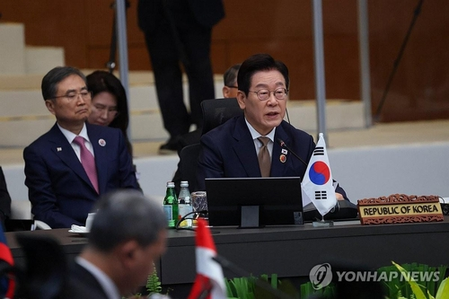
Vientiane, Aug 23 (IANS) In the fight against dengue, Laos is expanding the release of Wolbachia-infected mosquitoes, a safe and effective method that turns mosquitoes into tiny warriors against the virus.
In early August, Wolbachia-infected mosquitoes were released across seven districts of the capital Vientiane. The move builds on the success of a pilot project in 2022, which saw the deployment of Wolbachia mosquitoes in several areas of the city, protecting 32 villages and nearly 86,000 people.
Wolbachia is a natural and safe bacterium that reduces the ability of dengue-carrying Aedes aegypti mosquitoes to transmit viruses between people. The bacteria-carrying mosquitoes breed with the wild Aedes aegypti mosquitoes in the area, passing Wolbachia to their offspring.
Many citizens have expressed strong support for the ongoing efforts, particularly among those who value environmental protection.
Khonesavanh, a resident of the capital, viewed the method as both an eco-friendly and smart solution that safeguards public health while preserving the natural environment.
She believed the approach offered a sustainable, long-term form of protection, and said it minimized harm to both people and nature.
“I feel satisfied that our government has chosen a method that not only helps prevent and reduce the spread of the disease, but also shows concern for environmental protection and overall effectiveness,” she told Xinhua news agency on Saturday.
According to a Lao Ministry of Health report, Laos reported 2,614 cases of dengue fever in the first half of 2025, marking a significant decrease from the 5,192 cases recorded during the same period in 2024.
Meanwhile, no dengue-related deaths were reported in the country from January to June, compared with three deaths in the same period in 2024.
Molakod, a medical student, said dengue fever requires serious attention, as it can be difficult to diagnose in its early stages but can lead to life-threatening complications if not treated in time.
Molakod said she appreciates the government’s proactive measures in fighting dengue, adding that the battle is far from over.
“The government is doing its part, now we have to do ours. We all need to take care of our homes, our yards, and make sure we’re not giving mosquitoes a place to breed, especially during the rainy season,” said Nilamon, a 35-year-old resident of Vientiane province, told Xinhua.
Nilamon believed the real power lies in community action. She urged residents across the country to take personal responsibility by keeping their homes and surroundings clean and safe.
As of August 16, Laos has reported 6,746 cases of dengue fever, including one death. The highest number of cases was recorded in the capital Vientiane, which reported 3,405 infections.
The battle was far from over.
–IANS
/as




